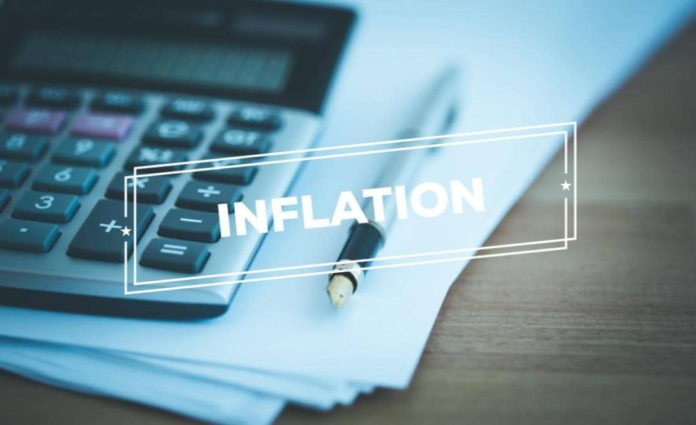The impact of Inflation on the Economy remains a constant challenge for Central Banks and governments around the world.
Inflation can be so damaging because when prices rise, it means your money has less value.
In response, central banks have implemented measures to control inflation by raising or lowering interest rates and introducing quantitative easing programs to inject liquidity into the banking sector. With all these measures in place, you might wonder how inflation impacts the banking sector and what you can do to survive it.
In this article, we will explore the impact of inflation on the banking sector and some strategies that you can implement in response.
What is inflation and how does it affect the banking sector?
Inflation is a sustained increase in the general price level of goods and services. Rising inflation means that the purchasing power of money decreases over time. This happens when there is a general increase in the supply of money without a corresponding increase in the demand for goods and services. A decline in the purchasing power of money can be compared to a reduction in the number of goods that can be purchased with a given amount of money. This can also be referred to as “diminishing returns.”
Strategies to Survive Inflation in the Banking Sector
As inflation continues to increase, the banking sector is highly susceptible to risk — especially the retail banking sector.
Here are a few ways you can survive inflation in the banking sector:
– Choose a conservative banking option to protect your savings – You may want to consider investing in a conservative banking option, such as high-yield savings or certificates of deposit. These accounts offer a lower rate of return than riskier investments like stocks, but they are also less likely to lose value as a result of inflation.
– Switch to a high-yield savings account – In order to earn a higher rate of return on your savings, you may want to consider switching to a high-yield savings account. These types of accounts allow you to earn a higher rate of return without taking on excessive risk.
– Consider investing in real estate – Another option for a conservative investment is real estate. This investment offers a steady rate of return as rental prices typically remain stable over time.
Bank Rotations and Mergers
If government intervention proves to be ineffective at curbing inflation, central banks may decide to rotate commercial banks or force mergers between commercial banks. This will make them healthier. This means that a healthy commercial bank can take over an unhealthy commercial bank or two commercial banks can merge together to create a larger, healthier bank.
When commercial banks are rotated or forced to merge, depositors are generally protected because most of the institutions that are rotated or merged continue to operate as they did prior to the intervention.
Negative Interest Rates
In extreme cases when inflation gets out of control, central banks may decide to implement negative interest rates. A negative interest rate is an interest rate that is below zero. This is when a commercial bank pays you to take money from them. When inflation is high, a common solution used by banks and other lenders is to charge a negative interest rate.
This means you are paid money by the bank instead of paying money to the bank. When the economy is in a recession, the government generally recommends implementing negative interest rates to encourage borrowing and spending. This is because people are less likely to spend money when they have to repay it back with interest.
Conclusion
Inflation is a constant challenge for central banks and governments around the world. The impact of inflation on the economy remains a constant challenge for central banks and governments around the world. The above are some strategies that you can implement in response.
By Mr. Jonathan Cudjoe (BSc)
Banking and Finance



